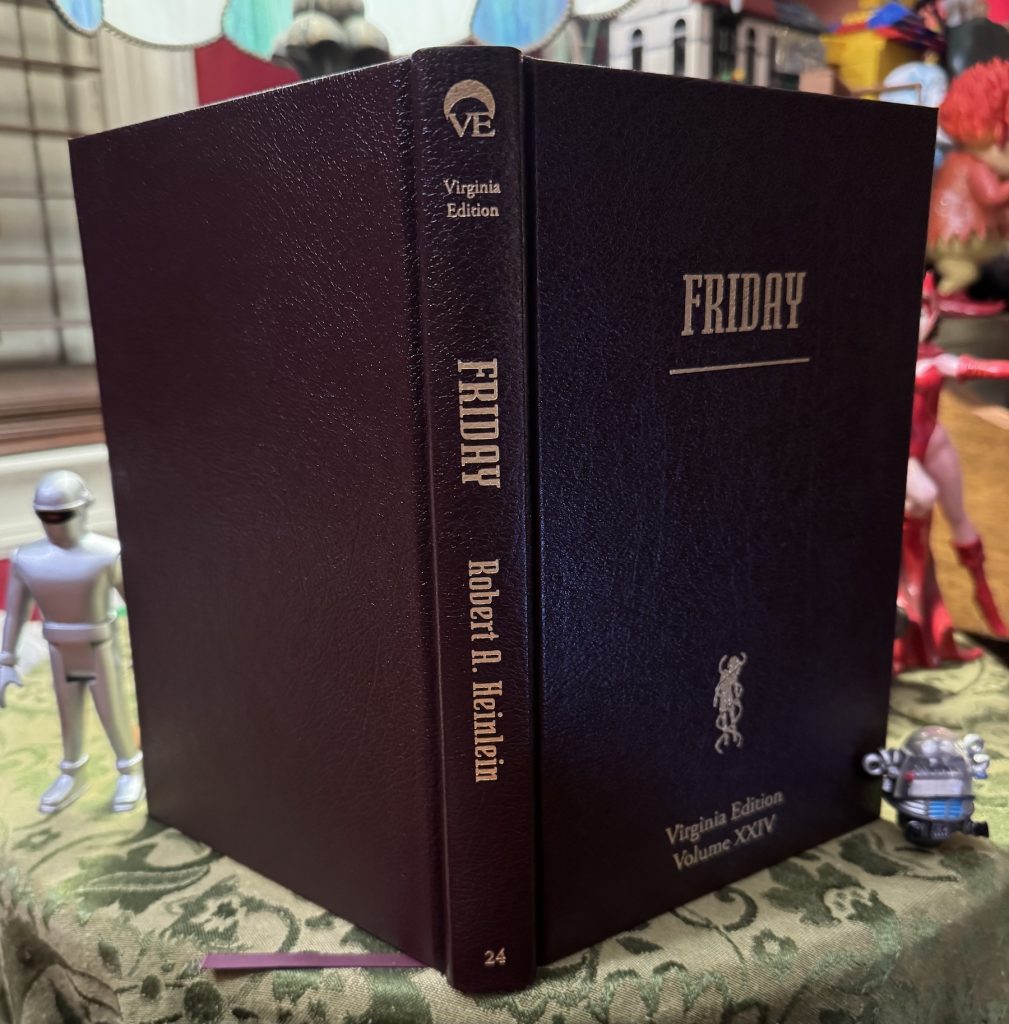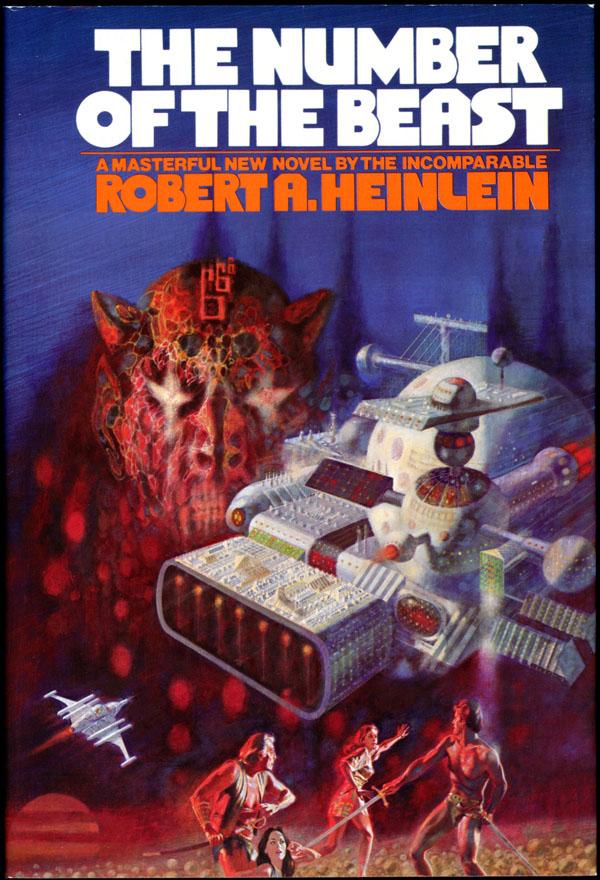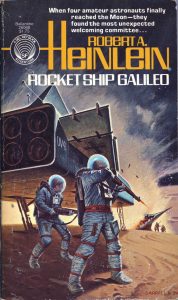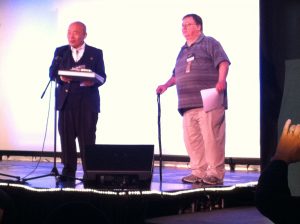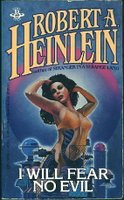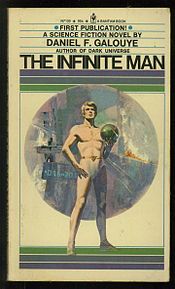I was not planning to review this book. I have read it countless times. Recently, when my grandson asked me to name my favorite book, I named two: The Adventures of Tom Sawyer (to give him a more-accessible reference, as I suspected that my answer was going to make it back to a teacher who was not born when Robert Heinlein died) and The Number of the Beast.
“It is not Heinlein’s best work!” is the most generous thing most readers say about it. I don’t claim that it is. I can’t begin to develop the criteria by which I would rank the “best” book by an author who defined a genre and continues to entertain readers 35 years after his own death. I merely state that it is my favorite of his books, one which I, in the words of the book itself, “reread for pleasure when [I am] too tired to tackle a new book.” Reviewing such a book would be the equivalent of writing about eating a Zero Bar or drinking a bottle of cream soda.
Why, then, am I writing? I am writing because last night, amidst the sadness of closing the cover on page 511 of the beautiful trade paperback edition I’ve owned since Christmas, 1981[1], I went down the rabbit hole of reading the book’s reviews on Goodreads. The one-star reviews did not rattle me. They are, as always, largely reviews of the author, not the book, with all the expected buzzwords: Self-indulgent, narcissistic, homophobic, misogynist. They also include a handful of tasteless references to the fact that Heinlein wrote the book’s first draft[2] while suffering an oxygen-depriving brain disorder, with the suggestion that such explains the book’s poor quality. There are also wild speculations about how “Heinlein’s editor” “allowed” this book to be published. (In fact, he put it out for bid and there was competition. And the version that was published was heavily re-written following a successful surgery which restored his mental and physical health.)
Continue reading →
